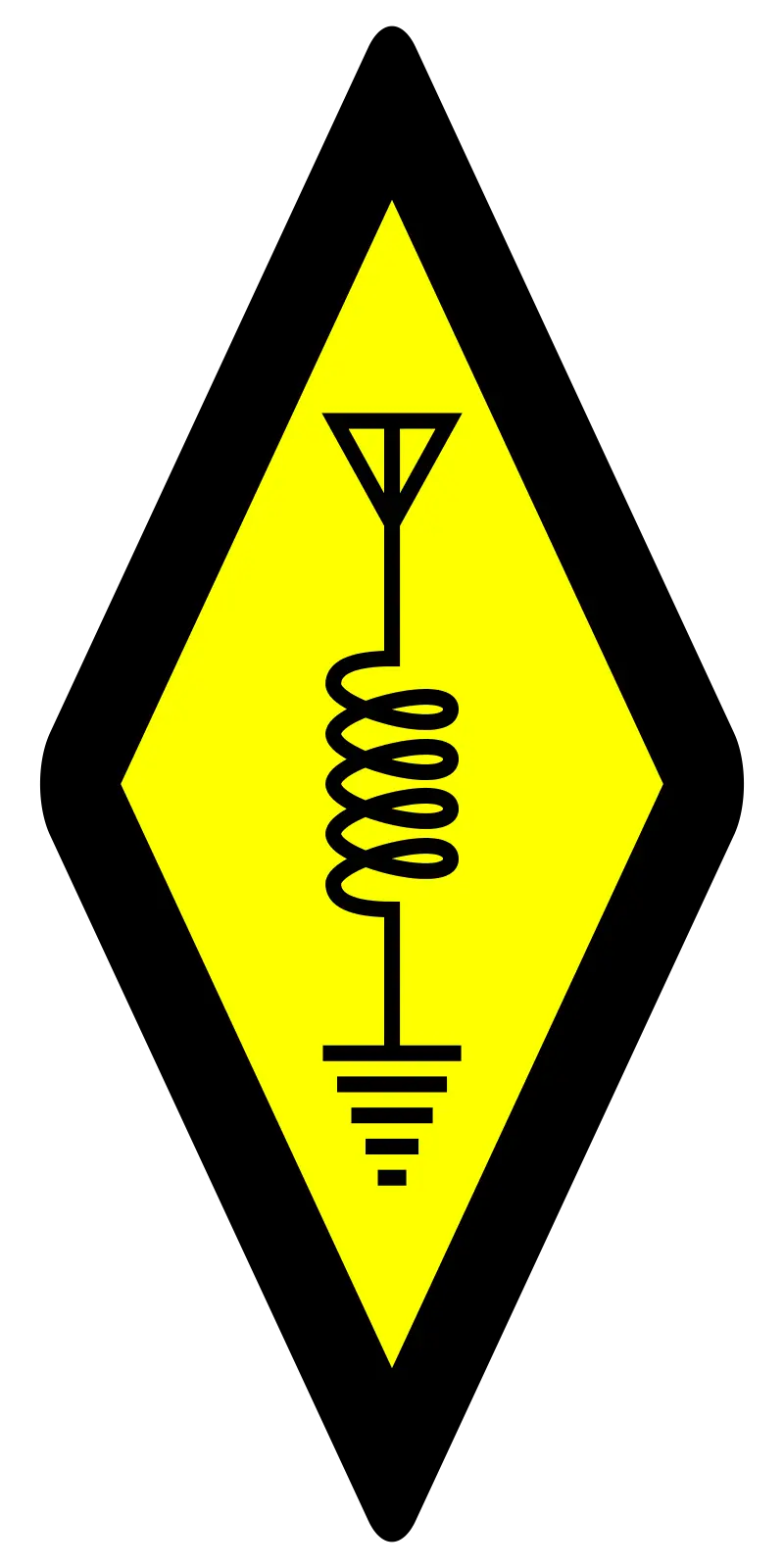- cross-posted to:
- wikipedia@lemmy.world
- cross-posted to:
- wikipedia@lemmy.world
It’s a serious question because so far, none have.
Edit: Some context for those asking.
Eternal September refers to a time when an online community was overrun by new participants to the detriment of that community.
When new people arrive piecemeal, like they’re doing right now, they join in and participate. If they make little social mistakes, they are steered by members of the community in the direction that the community has evolved into by supplying social, language and behavioural cues.
New participants alter their behaviour and the community grows a little with the new participant. If they don’t alter their behaviour, it’s likely that they’re removed from the community by some agreed process that has evolved over time.
If the growth is sudden, then the community will be overwhelmed by “blissful or deliberate ignorance” and the systems for cues, moderation and removal fail and the community, often drastically, changes or ceases to exist.
The reference to September is that’s when new University Students would get an account on the University computer systems and join Usenet News. They’d arrive every September, there’d be a blip in adjustment and the Usenet communities would absorb the new members.
Eternal September arrived when AOL joined its bulletin board to Usenet and it completely overran everything with people from all across the AOL userbase, most of them not first year University students.
I was there when this happened, alt.best.of.internet (ABOI) was a community where I participated. One of many “new groups” it was alphabetically the first on the AOL list and it imploded. Together with Malinda McCall, I wrote the FAQ in an ultimately fruitless attempt at educating the masses.
I’ve seen this play out over and over again across the decades I’ve been online, so that’s why I asked.
The ABOI FAQ is here: https://www.itmaze.com.au/articles/aboi-faq


Ultimately this is about risk mitigation, about what happens if. There are many different ways to tackle this. I have not found a guaranteed solution, but here are some to consider:
Note that I’m not advocating one solution over another. This is more an attempt at identifying ways to mitigate any potential “risk” in whatever shape that arrives.
I’ll also note that the amateur radio on-air experience is essentially ephemeral in nature. There is nothing wrong with treating this community in the same way. It has a nice symmetry to it if anything.
Awesome post! Since you made the original post, I’ve actually already started a github wiki to address my concerns about what it would look like going forward. To address your concerns in line:
I don’t know how you have implemented this, but on AWS we tend to set up an automatic snapshot every x-hours that expires (gets deleted) after y-days. If worse comes to happen, you resurrect the latest snapshot and you’re up and running. This isn’t a high stakes environment, so small levels of data loss might be acceptable to the community.
I’d be happy to look at and assist with your GitHub repository. Note that I am unable to make a specific time commitment at this point.
I did consider making the “business” aspect explicit in my list, but shied away from it, since with that comes “commercialism” and many mistake that within the context of Amateur Radio. For example, I’ve been told by “experts” that my podcast is a commercial enterprise and should be banned from local repeaters because I make an eBook available of the transcripts and in the past I had a “Donate” button on my website - no longer, thanks to the shenanigans by PayPal.
There is nothing wrong with “failure”. It’s a state, just like “on” or “off”. If it doesn’t do what you want, then you might call that state “failure”, but if it did exactly what you planned, then that might be called “success”, even if from the outside looking in, the two are identical, the instance is no longer responding. In other words, this is a matter of perspective and planning. Which is why we’re having this conversation in the first place :-)
We’re using linode services(pretty much AWS) on this instance and we backup nightly, but not everything. I’d only want to implement a higher level of backups if we needed it because costs go up.
I’d never really think/imply this is a business. I make no money from this. Just more in the thought of people working together to make this a better place, like a radio club!